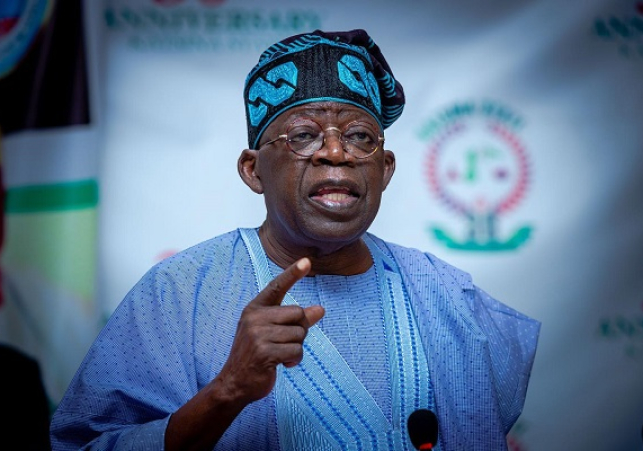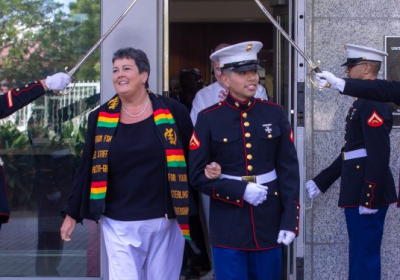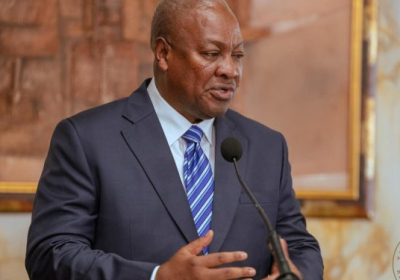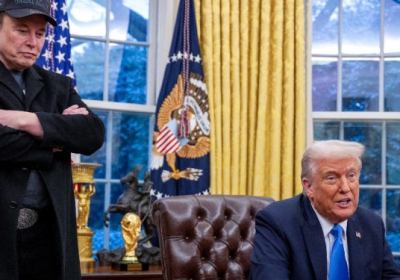Nigeria Drops Treason Charges Against Minors After Outcry Over Courtroom Collapses

The Nigerian authorities recently made a significant decision to drop treason and various other charges against dozens of protesters, a group that notably included over 30 minors. These young people, some as young as 14 years old, had been arrested in August for participating in anti-government protests that were part of a larger nationwide movement against the government's handling of the country's mounting cost-of-living crisis. The protesters, who had gathered as part of the #EndBadGovernance demonstrations, were voicing their frustrations over the economic hardships they and many other Nigerians were enduring.
The decision to drop the charges followed intense public outcry and mounting pressure on the government. The crisis surrounding the detained minors escalated dramatically when distressing footage surfaced on social media showing four of the children collapsing in a courtroom on Friday. The collapse appeared to be caused by malnutrition, drawing national and international condemnation. The viral videos, which depicted the young detainees writhing in pain and in obvious distress, sparked outrage both in Nigeria and beyond, renewing debates about the treatment of detained minors and the government’s broader approach to the protests.
In response to the alarming footage, President Bola Tinubu, who had already faced mounting criticism over the detention of minors, quickly intervened, calling for the immediate release of all those under the age of 18. Tinubu expressed his shock and concern, particularly over the physical and mental toll the prolonged detention had taken on the young people. His comments came in the wake of reports that many of those detained had been subjected to harsh conditions, including inadequate food, poor sanitation, and a lack of access to basic necessities. While the president had already called for the minors' release, the revelation of the viral courtroom footage amplified the urgency of the situation, adding to the political pressure.
Tinubu also ordered an investigation into the police and other government officials who had been involved in the arrests and the treatment of the protesters. This investigation, he stated, would aim to uncover any misconduct or abuse that may have occurred during the arrests, interrogations, and legal proceedings. While the president’s actions were seen as a step in the right direction, critics viewed his response as insufficient and indicative of a broader issue with the government’s handling of dissent.
Originally, reports had indicated that 27 minors had been affected by the harsh conditions, but it soon became clear that the number was likely higher, with further details emerging of additional detainees aged between 14 and 17 who had been suffering in detention. These young people had spent nearly three months in custody, separated from their families, in the wake of the protests that had swept across Nigeria in August. The protests, which had initially begun as peaceful demonstrations, had quickly turned violent in certain areas, with security forces clashing with protesters. The unrest had resulted in a tragic loss of life, with the police reporting seven fatalities, while human rights organizations like Amnesty International and local activists put the death toll at closer to 23. Nearly 700 people were arrested during the course of the protests, many of whom faced harsh legal and physical consequences.
Among those detained and later brought to court in the capital city of Abuja, several faced serious accusations, including claims that they had been plotting to overthrow the government and had allegedly been seen flying Russian flags, a symbol seen as provocative in the context of Nigeria’s political dynamics. These charges were widely considered exaggerated by critics, who argued that they were part of an effort to criminalize and suppress the broader anti-government protests.
In a statement released on Monday, Bayo Onanuga, a spokesperson for President Tinubu, announced that the Nigerian Ministry of Humanitarian Affairs had been tasked with ensuring the safe return of all the minors to their families. Onanuga also confirmed that an investigation had been launched to probe the circumstances surrounding their prolonged detention and the harsh conditions they had faced in custody.
The images from the courtroom and the subsequent public outcry brought attention to what many saw as systemic abuse within the Nigerian justice and detention systems. The Nigerian rights organization Enough is Enough quickly condemned the treatment of the minors, calling it an instance of “institutional child abuse.” Amnesty International also weighed in, describing the children's detention as one of the most egregious attempts to suppress freedom of assembly seen in Nigeria to date. Their condemnation was part of a wider chorus of concern from both domestic and international human rights groups, who had long warned about the government's repressive tactics against those who dared to protest against its policies.
Political analysts and human rights observers noted that the decision to drop the charges and release the minors was likely a calculated move by the Nigerian government to mitigate further embarrassment and defuse the growing criticism. Some suggested that this action, while welcomed by advocates for human rights, was more of a face-saving measure, as the government had been caught in an untenable position. Had the government not taken steps to address the situation, the protests surrounding the ill-treatment of children in detention could have sparked a much larger and more widespread backlash. Critics argued that the government could have avoided the crisis altogether if it had taken a more measured and respectful approach toward the demonstrators and their grievances. Instead, the authorities’ heavy-handed tactics only served to fuel resentment and further erode the public's trust in the ruling administration.
As the investigation into the treatment of the detainees continues, the case has become a flashpoint for broader debates on governance, human rights, and the treatment of dissent in Nigeria. Many hope that this will prompt long-overdue reforms in the country's justice system and a reconsideration of how peaceful protests and those involved in them are handled by the authorities. However, as the government moves to release the minors, the lasting impact of this crisis on the Nigerian public's perception of their leadership may remain for some time.
Source: BBC







